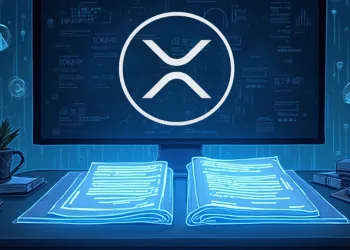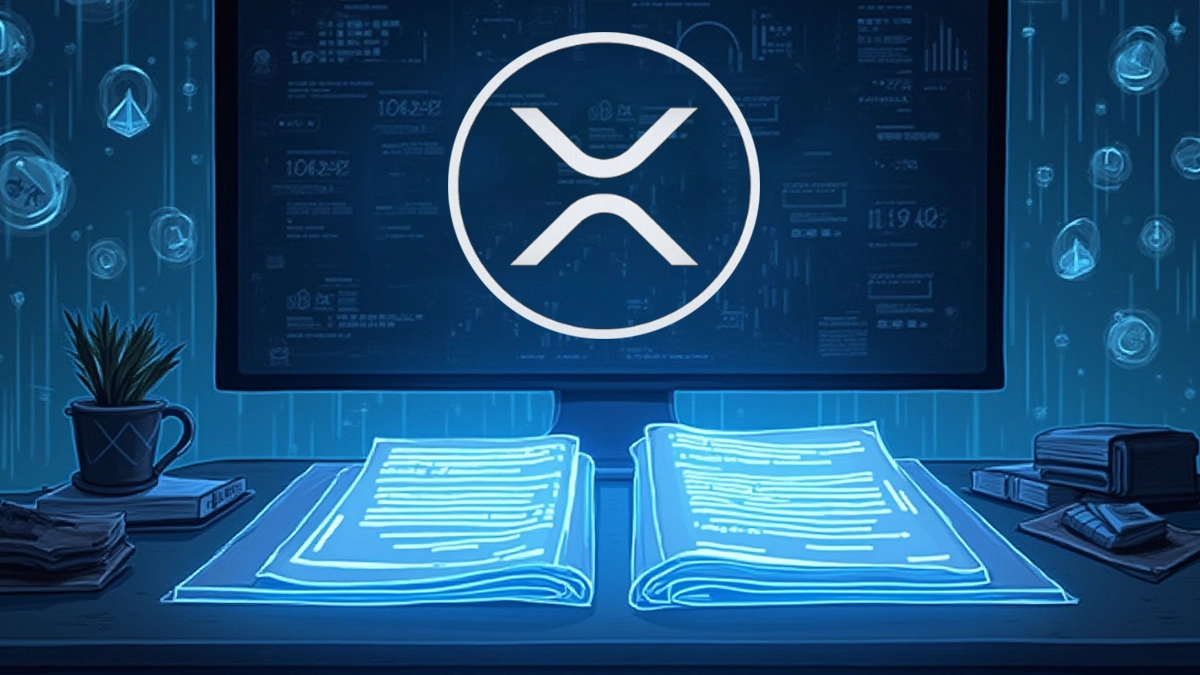- Arizona leads in establishing state-backed cryptocurrency reserves with SB 1373.
- Political deadlock may delay Arizona’s progress on cryptocurrency reserve legislation.
- Arizona’s dual crypto reserve approach positions it ahead of other states like Texas.
The race to establish government-backed cryptocurrency reserves is heating up in the United States, and Arizona is currently in the lead according to Crypto Rover, an analyst data. The state has made significant progress with its Digital Assets Strategic Reserve Bill (SB 1373), which could set a new precedent for state-level crypto adoption.
If passed, this legislation would establish a fund for digital assets seized through criminal proceedings, managed by the state treasurer. This move would allow the treasurer to invest a portion of the fund in digital assets, marking a key step in integrating cryptocurrency into state financial systems.
Challenges and Political Obstacles Ahead
Despite the bill’s momentum, Arizona’s path to becoming the first state with a government-backed cryptocurrency reserve may face delays. Governor Katie Hobbs has committed to vetoing all bills until the legislature passes a funding bill for disability services.
This political deadlock could halt or delay the progress of SB 1373, even though the bill has garnered bipartisan support. While experts expect the bill to pass in the House, it may be merged with other crypto-related bills, such as SB 1062, which would expand the definition of legal tender to include cryptocurrency. Consequently, the final outcome remains uncertain.
Dual Approach to Crypto Legislation
Arizona is not only pursuing the creation of a general digital asset reserve but also considering a Bitcoin-specific reserve. The Arizona Strategic Bitcoin Reserve Act (SB 1025) would allow the state to invest up to 10% of its treasury and retirement funds into Bitcoin.
Like SB 1373, this bill has passed the House Committee of the Whole and is awaiting a full floor vote. This dual approach highlights Arizona’s proactive stance in embracing digital assets. While SB 1373 focuses on broader digital assets, SB 1025 zeroes in on Bitcoin, a more targeted strategy for state cryptocurrency investments.
These legislative efforts align with similar movements in other states, such as Texas, Utah, and New Hampshire, which are also exploring Bitcoin reserve legislation. However, Arizona’s swift progress places it ahead of the pack. According to experts, Texas, despite being behind Arizona, may have the best chance of success due to fewer political hurdles.














